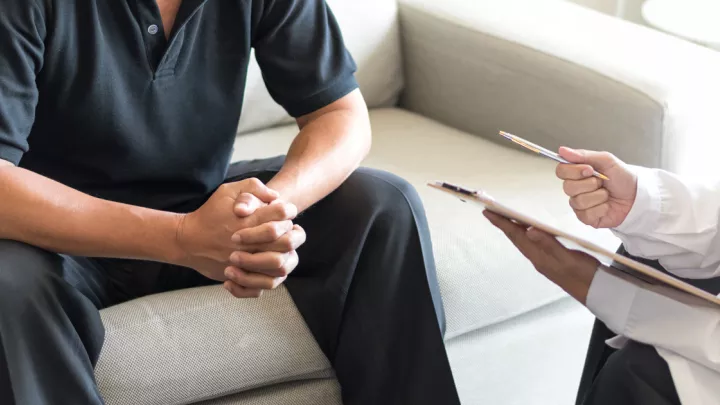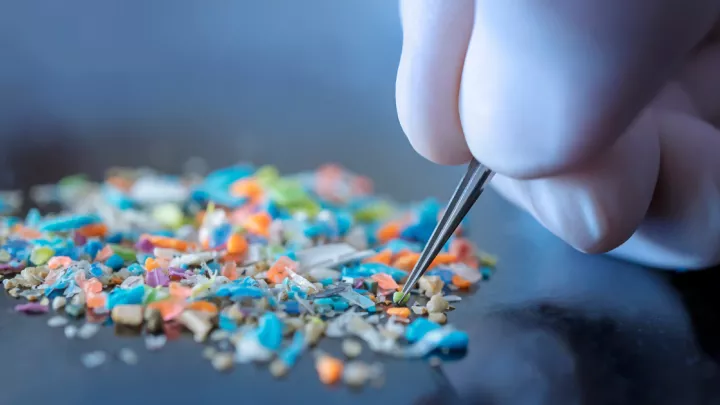How to do a testicular self-examination

Testicular cancer is one of the most common cancers among males aged 15 to 34. However, compared to other cancer types, it’s relatively rare. So, although it may sound scary, testicular cancer isn’t one of the more deadly forms of cancer. Still, it is important to be familiar with yourself, especially for young men between 15 and 34 years old, to understand if you have a testis tumor.
Should you do a testicular self-examination?
“You do want to see, just like with breast cancer, if there’s a firm mass or nodule that needs to be examined further,” says urologist Chris Deibert, MD. While it’s good to understand what your testicles typically look and feel like, there’s a national guideline against self-screening for testicular cancer.
The U.S. Preventative Task Force – an independent, volunteer panel of national experts – recommends against screening for testicular cancer in adolescent or adult men. “It’s not about hurting yourself in some way,” says Dr. Deibert. “Rather, it’s that we’re just not good enough at doing our own exam.”
This inability, combined with a low incidence rate and favorable outcomes of treatment, means there is adequate evidence that the benefits of screening for testicular cancer are minimal to none.
What if there’s an obvious mass?
“If you notice a big, concrete-like ball that’s not normally there, see your provider,” says Dr. Deibert. “If an ultrasound confirms an abnormal mass, we’ll refer you to a primary doctor or urologist. If it is a tumor, we’ll perform surgery to remove the entire affected testicle.” Surgery to remove the testicle is often the first treatment for testicular cancer.
Although, it’s vital to note that a testicular mass isn’t always a tumor. A scrotal mass can also be a:
- Cyst on the wall of the testicle.
- Cyst in the epididymis (the structure of tubes behind the testicles).
- Hydrocele (an enlarged, fluid-filled sac).
“I’ve seen a lot of patients with a mass that’s typically a cyst in the epididymis,” says Dr. Deibert. “The main concern is any new, hard, nonpainful mass. You should treat such an object as a tumor until proven otherwise.”
Treating testicular cancer
While it may not be necessary to give yourself a testicular examination, you should be paying attention to your body. “Get familiar with yourself,” says Dr. Deibert. “Notice what each side feels like and any difference between the two sides.”







